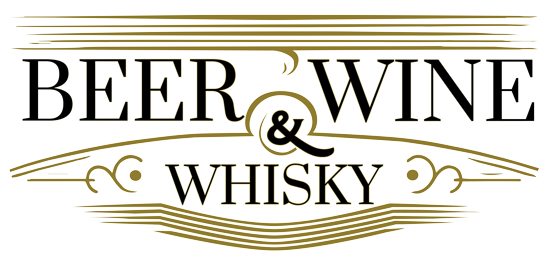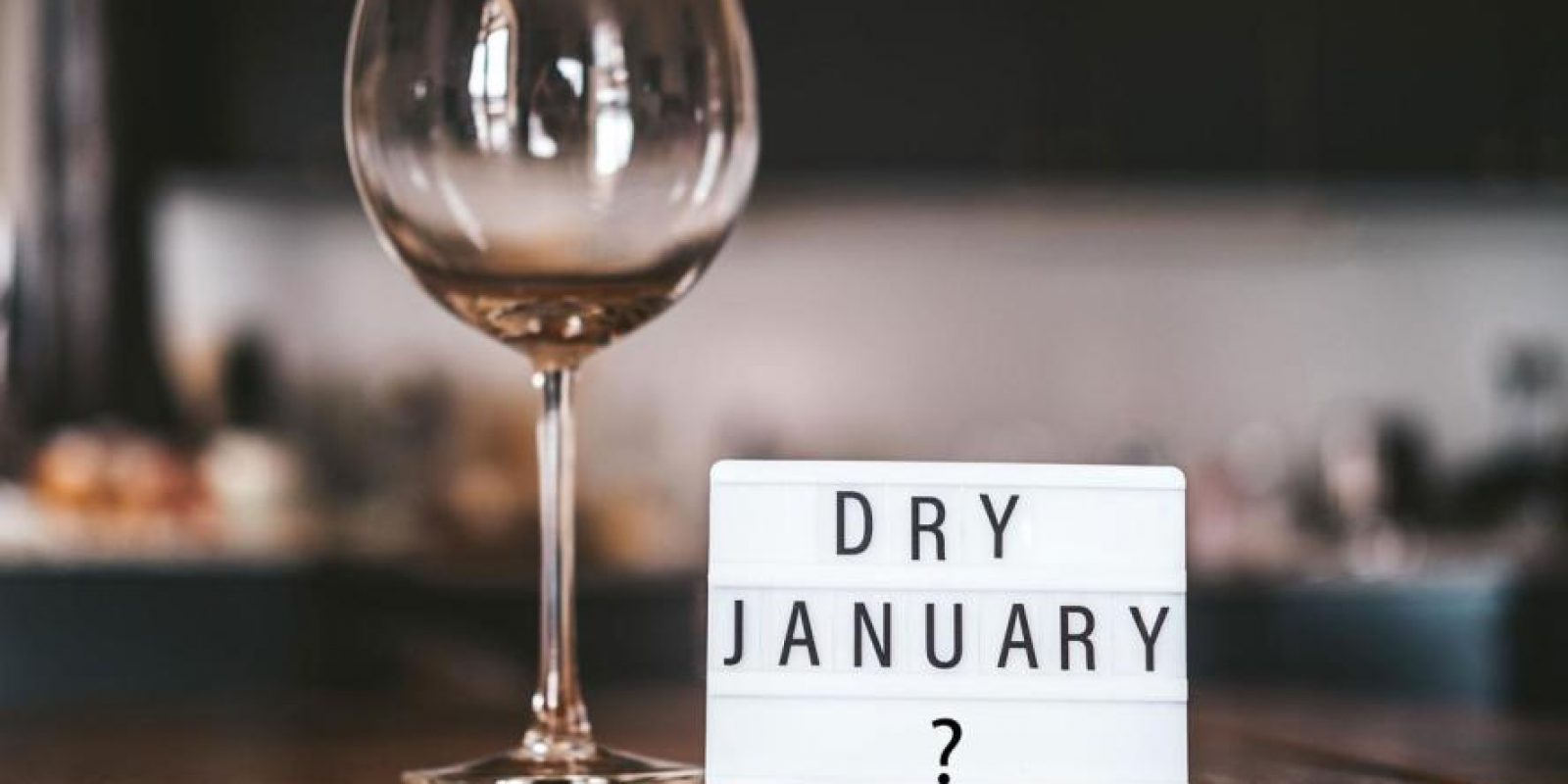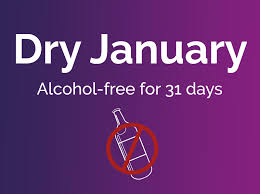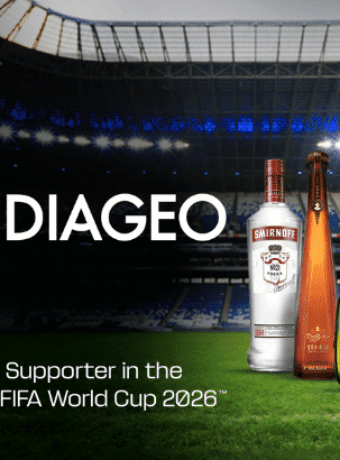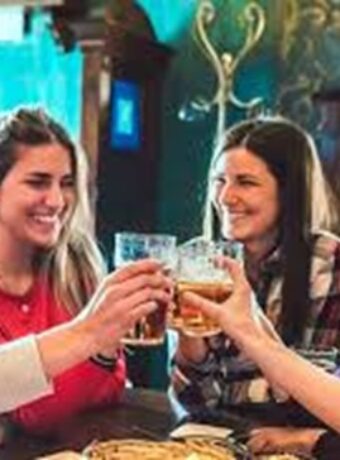It’s January again, and bars throughout the UK are bracing for the most challenging month of the year. Since its launch in 2012, Dry January has left its toll and blessings on the drinks and beverage sector.
Donald Williams is a merry man who celebrates nonstop from December 24 to January 1. There are no bars or dens or whisky havens that he doesn’t know. He has visited them all, including hot spots such as Revolution, Simmons, Snug Bar, Rekom, and The Alchemist.
His taste varies from Tiger beer to Johnnie Walker but expands to cocktails, rare bottles, and unique mixes. He and his buddies know how to celebrate.
However, on January 2, he and his buddies will adhere to the Dry January initiative, which calls for no liquor or alcohol after the New Year. It’s a time to recover lost ground in local budgets and sober up on the liver. Let it heal for a while.
Dry January Slaps Bars and Distilleries Sales
Last year, most bars had to shuffle plans and struggled to overcome a 13 -17% drop in sales. In addition to the Dry January initiative, there is the usual back-to-school spending. Parents are busy with college supplies, and there isn’t a lot of money to go around.
It is just a tough month for bars and distilleries. So, bars are rolling out unique cocktails and drinks that are low in alcohol or have no alcohol at all.
Bar director Carina Soto Velásquez says: “The research on texture, flavors, and techniques is highlighted in four original recipes that we are very proud of, as well as our seasonal nonalcoholic beer and wine.” She adds that the bar aims to “provide a balanced offering that is inclusive to all our customers, and this is a commitment we intend to maintain throughout the year, not just for Dry January.”
In Paris, the Dry January is hardly known in the culture. Kevin Rigault, a bar director, says, “Thanks to Dry January, I have noticed an evolution in our customers’ drinking habits. We’re getting more requests for cocktails and nonalcoholic spirits.”
